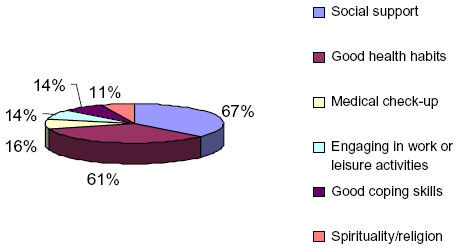
Figure 7: Best Ways to Protect Mental Health
National Survey Results
Social support responses were about having supportive and good relationships with friends and family (42%) and asking for help or talking to family and friends in times of stress or trouble (25%). The good health habits identified as important included physical exercise (25%), getting enough sleep and taking time for relaxation (19%), good eating habits (13%) and getting enough sunshine (4%).
Women were more apt to suggest a medical checkup—20% versus 12% among men. More Quebecers suggested positive thinking (16%) and good eating habits (18%) than did Canadians as a whole (10% and 13%, respectively). Outside Quebec, there was more emphasis on a medical check-up (16% in Canada versus 13% in Quebec) and having good relationships with friends and family (42% in Canada versus 37% in Quebec). Young people were more likely to say that getting enough sleep is important. A quarter of those under 25 chose this option, compared with only 13% of those 65 and older. The elderly recommended medical care more often, with 22% saying that seeking regular medical attention is important, compared with 14% of those under 25.
FNMI survey respondents’ views on how to look after their mental health were much the same as those of other Canadians. FNMI respondents were slightly more likely to recommend being spiritual or religious than Canadians as whole (16% versus 11%) and were slightly less likely to recommend good relationships with friends and family (36% versus 42%). In the focus group discussion, the Aboriginal participants emphasized the importance of balance and taking care of the self holistically.
“Your soul, your spirit, your emotions, your mind – if you do not take care of all four, you throw yourself out of balance. Just understanding that is so important.”
In the Francophone and multi-cultural focus groups, participants talked about the need for social change to promote mental health and prevent mental illness, such as addressing social and economic inequities, reducing social pressure to succeed, and strengthening the role of the family.